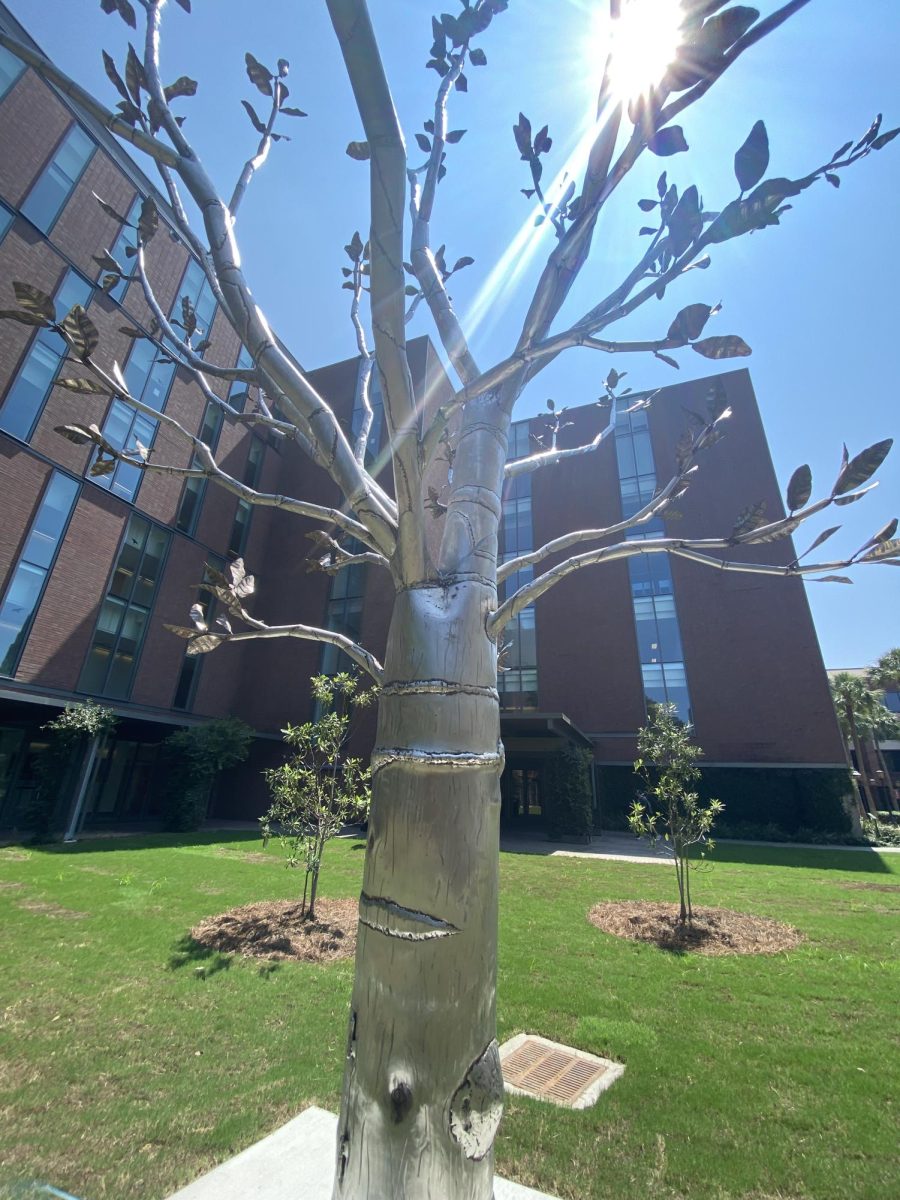Loyola’s admissions office has pursued several strategies to improve student retention rates, but questions remain on how the success of these strategies can be accurately measured.
Improving retention rates was one of the main goals of Loyola 2012, the university’s strategic plan.
Three years into the plan, which was approved by the Board of Trustees in 2009, the Rev. Kevin Wildes S.J., university president, said it is time to start evaluating its implementation and looking to the future for the next plan. Salvadore Liberto, vice president for Office of Enrollment Management, said he believes assessment will be difficult.
“There are things you know but can’t prove,” he said.
He noted that determining the effect of certain strategies will be especially difficult because of the recession.
According to data collected by the Strategic Planning Committee, the retention rate of first- to second-year students has increased from 73 percent in 2008-2009 to 82 percent in 2010-2011. The minority student graduation rate, once higher than the national average, has dropped from 63 percent to 50 percent.
Higher retention rates are a long-term process, and they are not necessarily measurable in one-year increments, Liberto said. Ultimately it will be several more years until the university can fully understand the success of the admissions office’s actions.
The admissions staff responded to the plan by hiring Elizabeth Rainey, a full-time director of retention and student services whose sole focus is helping first-year students successfully transition into college life. According to Liberto, adjustment issues, such as homesickness and new social realities, are one of the main reasons for a student leaving. A lack of full emotional and psychological support from family members is also a problem for some students, he said. Rainey starts educating first-year students on these adjustment issues before they even arrive.
Academic performance and financial situation are two other reasons students leave, Liberto said. Class attendance is directly correlated to academic performance. Students who attend class sporadically in the first month are less likely to return, according to Liberto. A sudden change in financial situation, such as a parent losing a job, can also bring students home.
The admissions office also works in coordination with the Office of Student Affairs on programs to improve student retention.
J.R. Byers, mass communication sophomore, said he strongly considered leaving Loyola after his first year after talking to friends and comparing the social aspects of Loyola with other universities.
“But after settling in, I realized staying at Loyola is the best thing for me to do, and I’m very pleased with my decision,” he said.
J. Karin Curley can be reached at [email protected]





